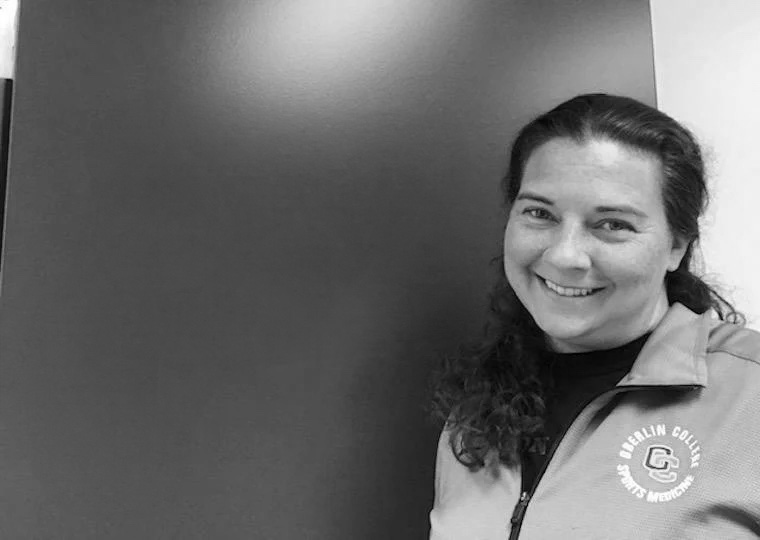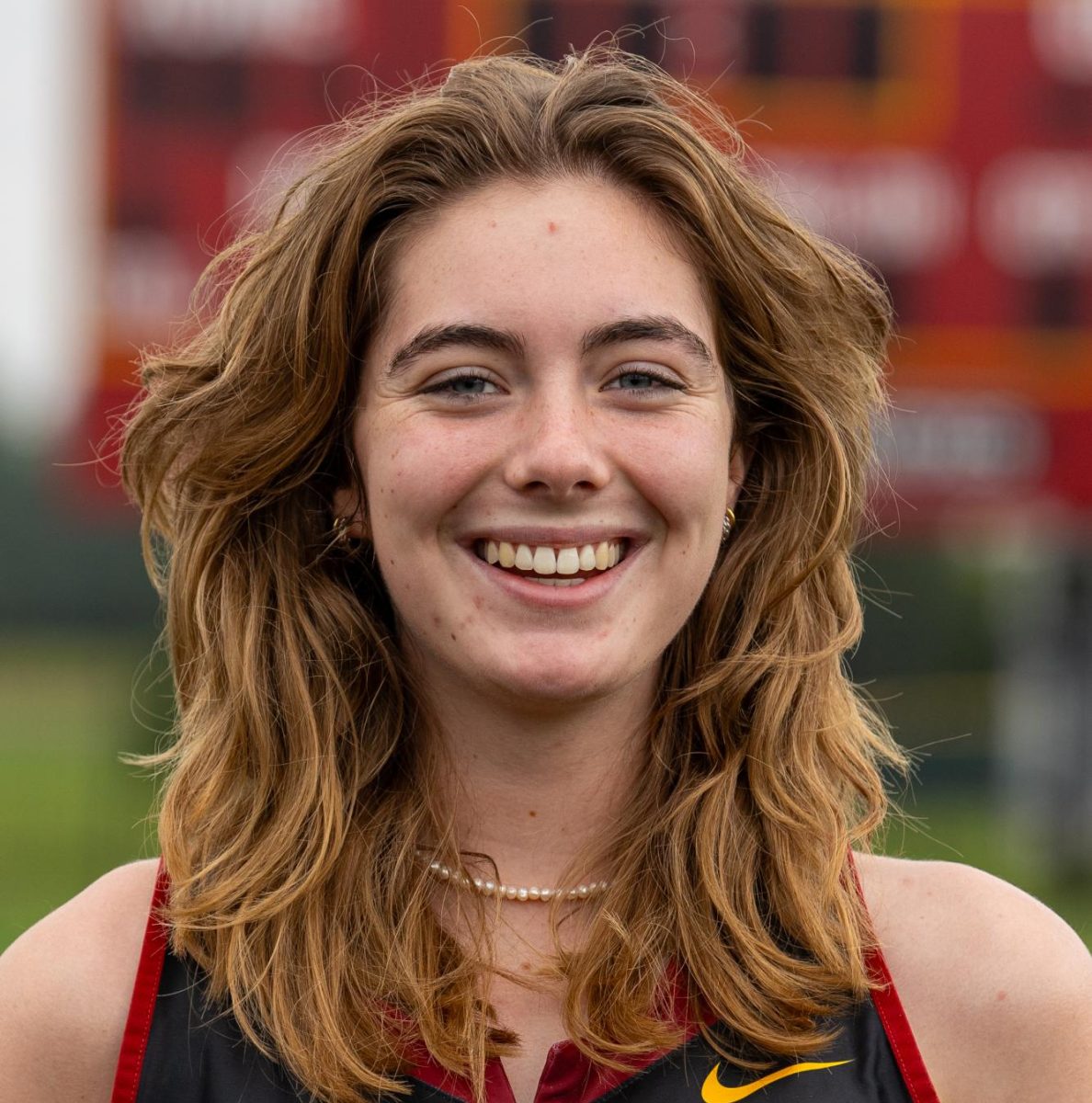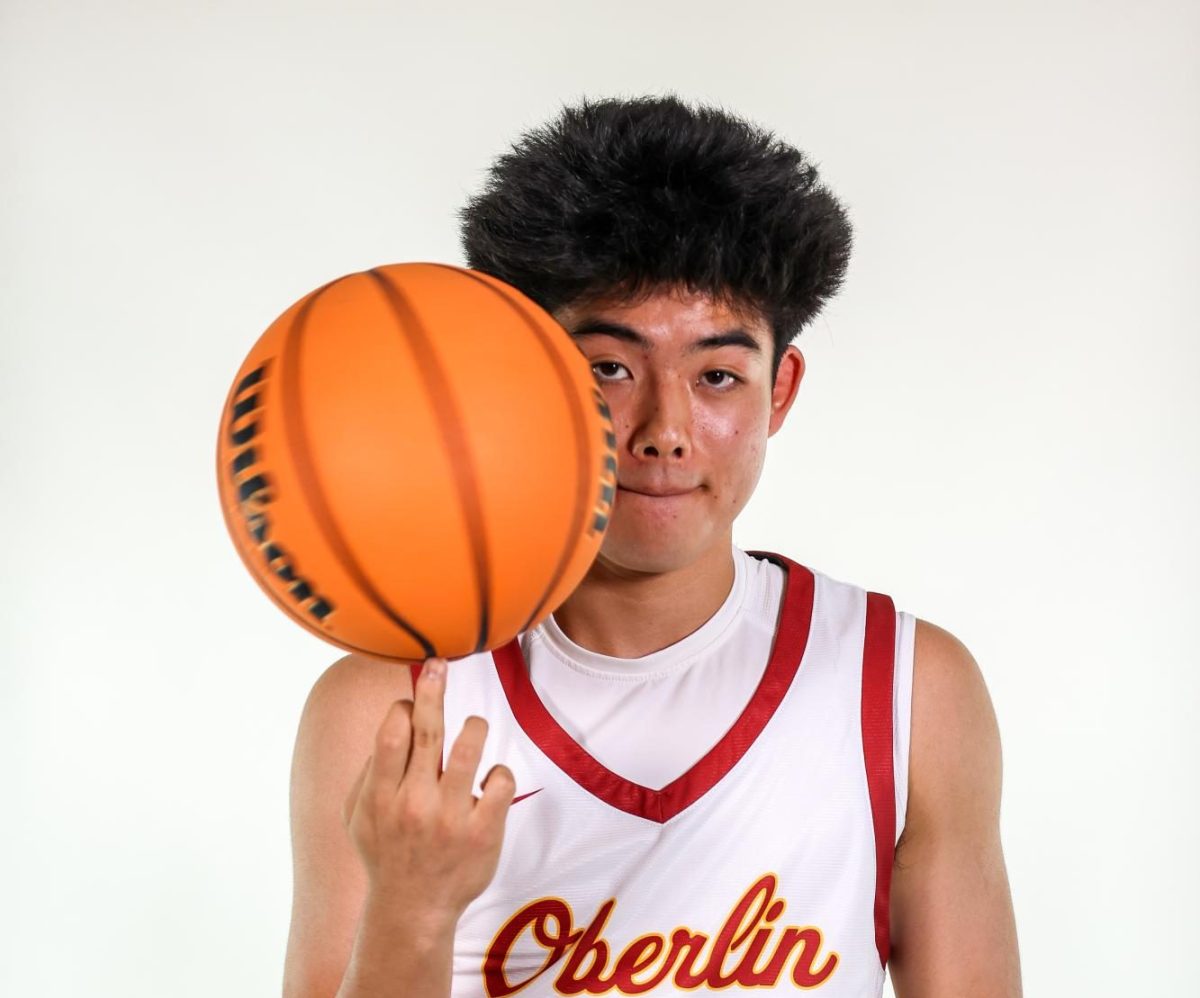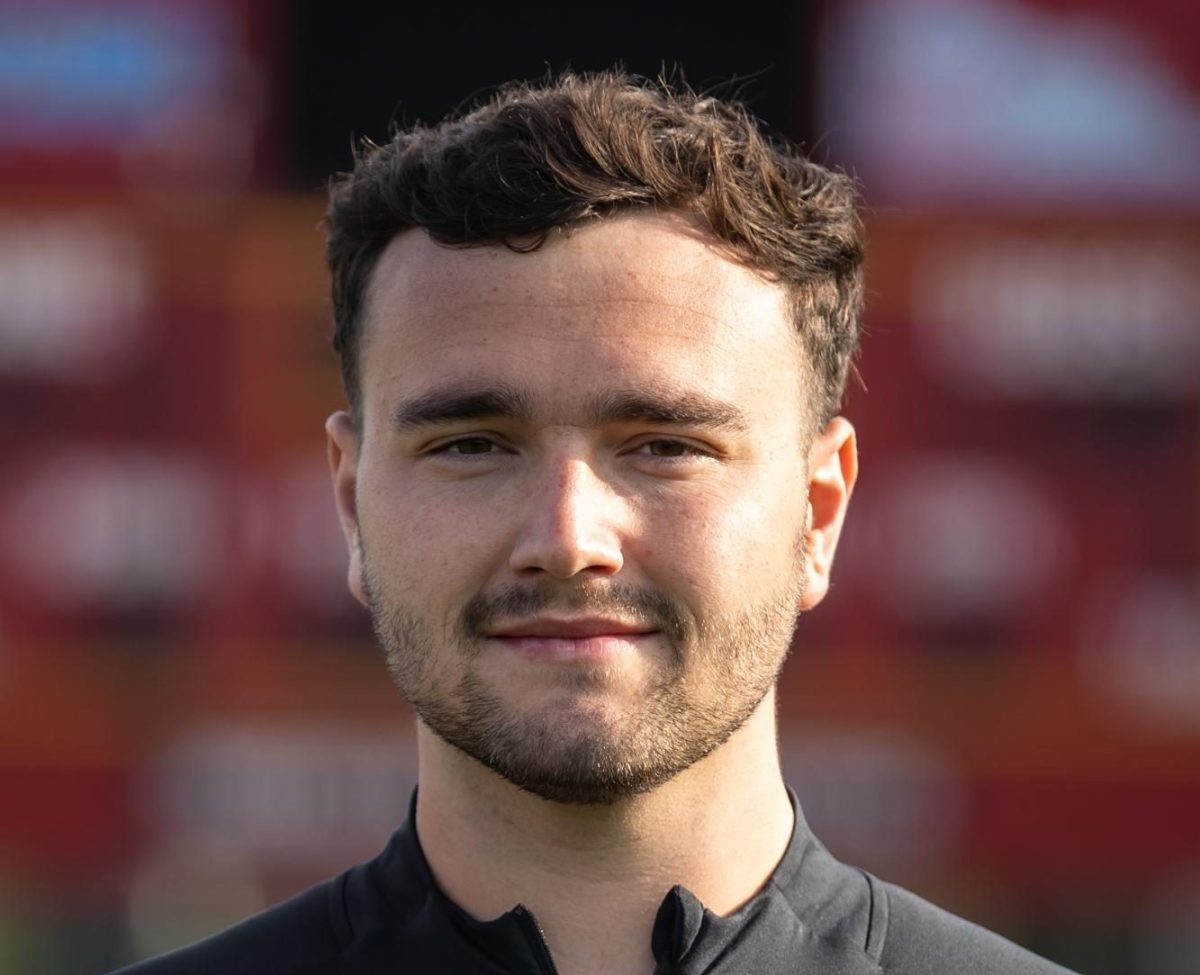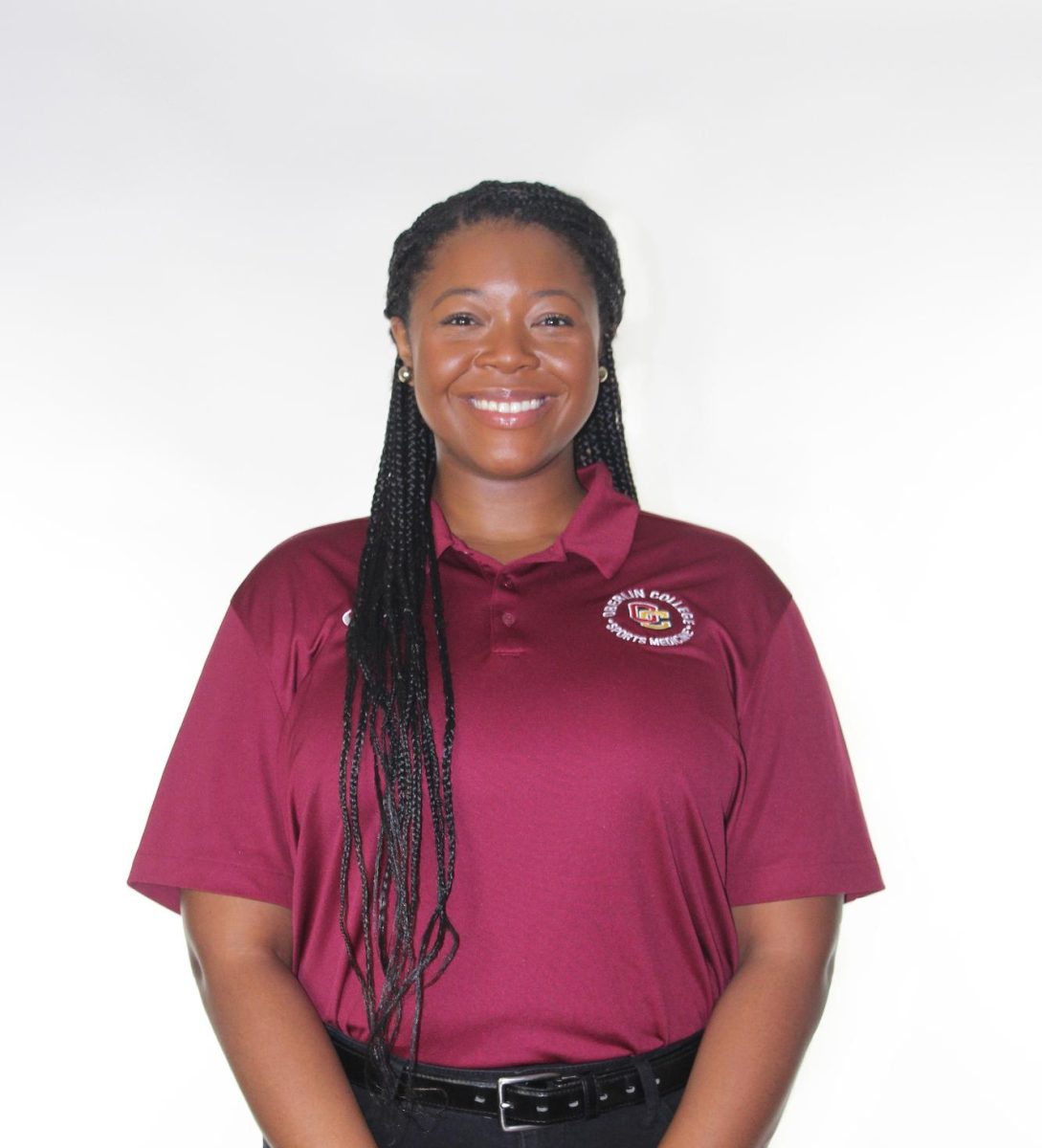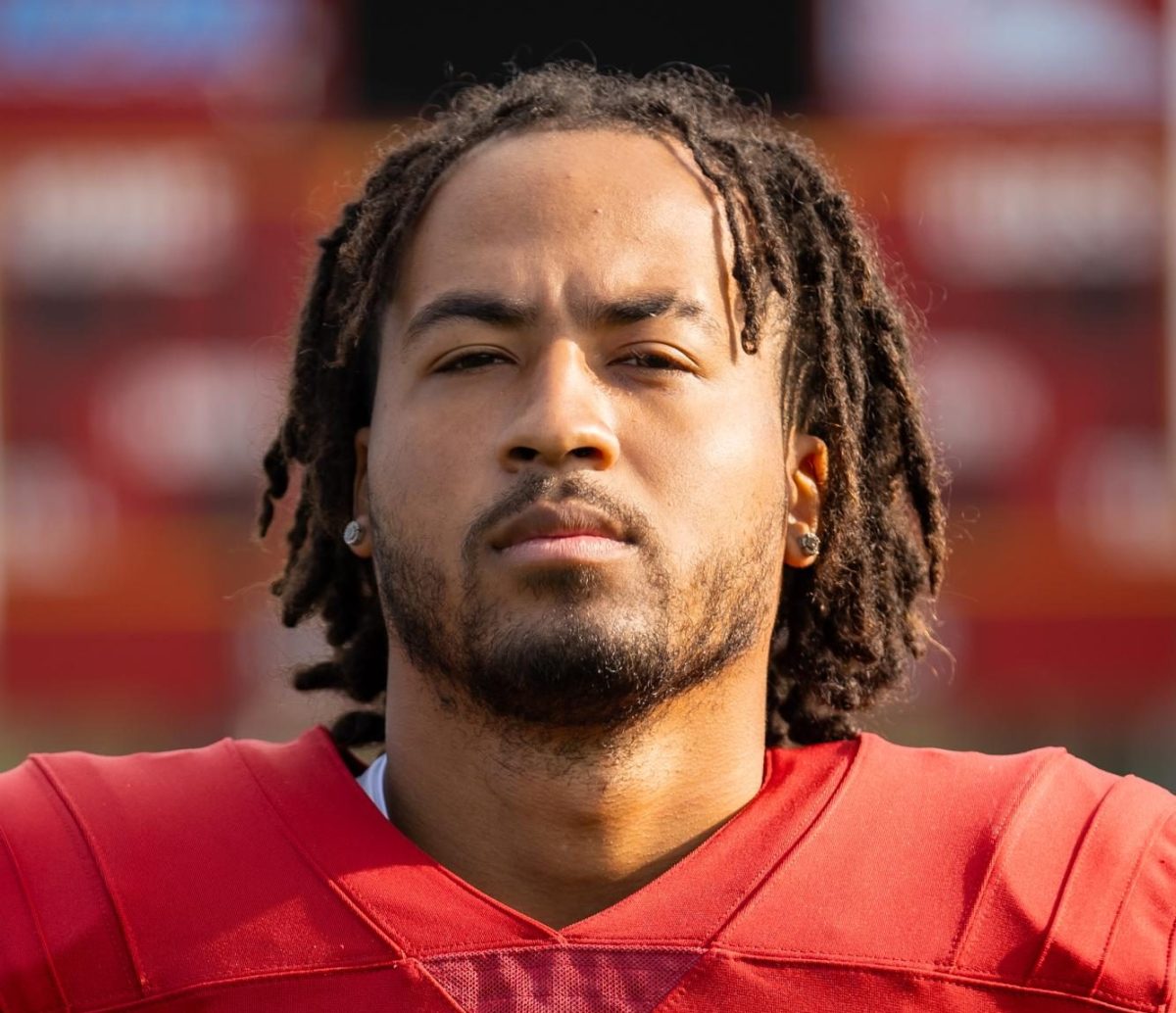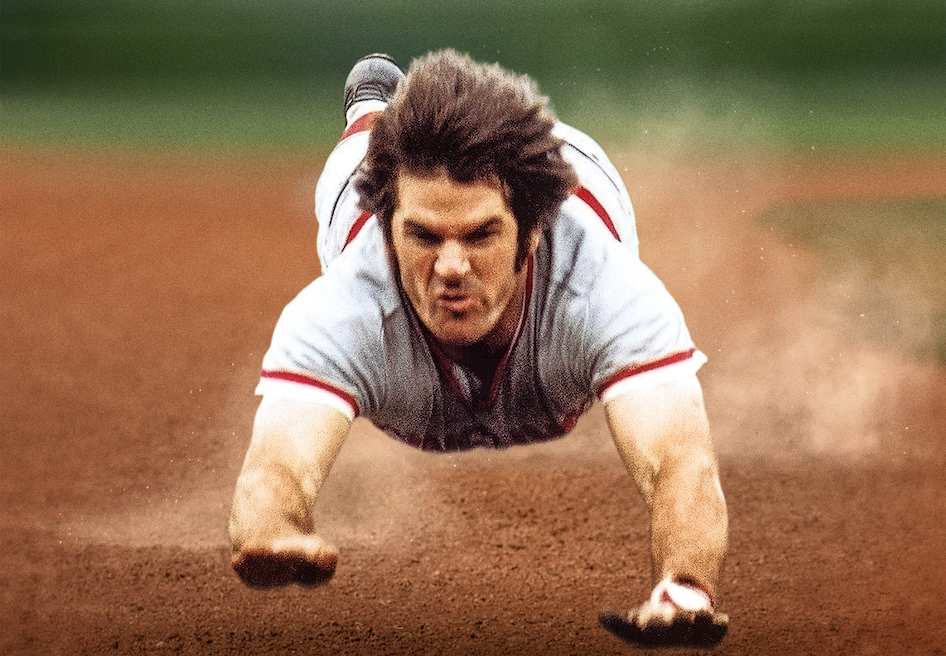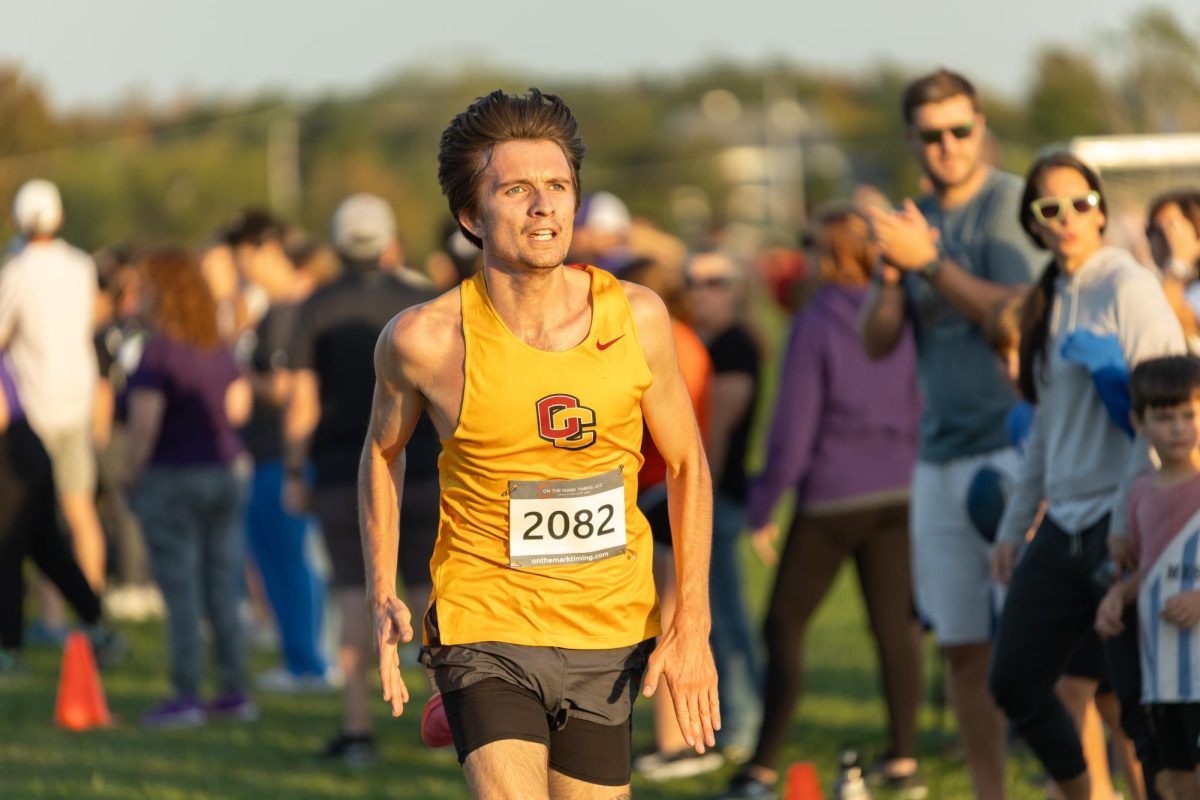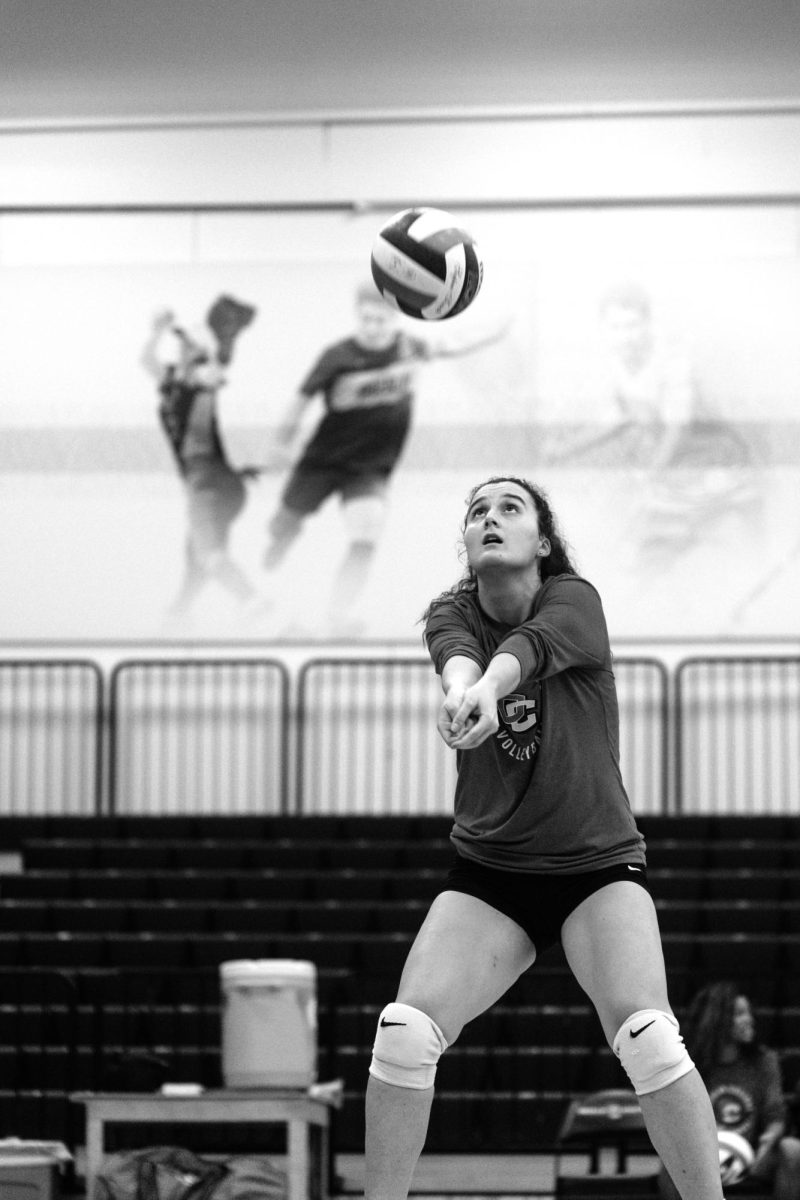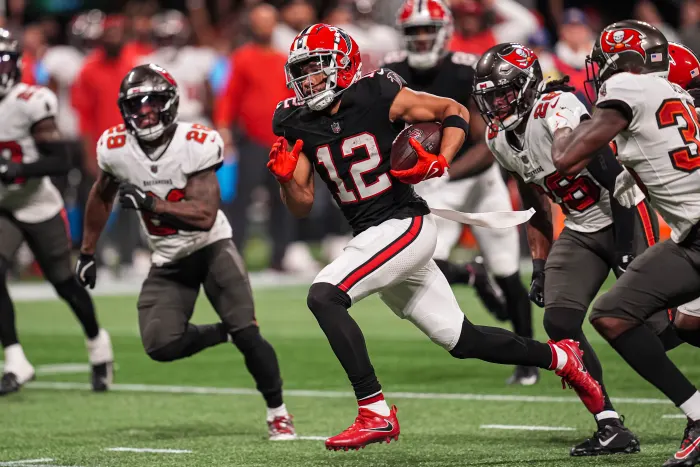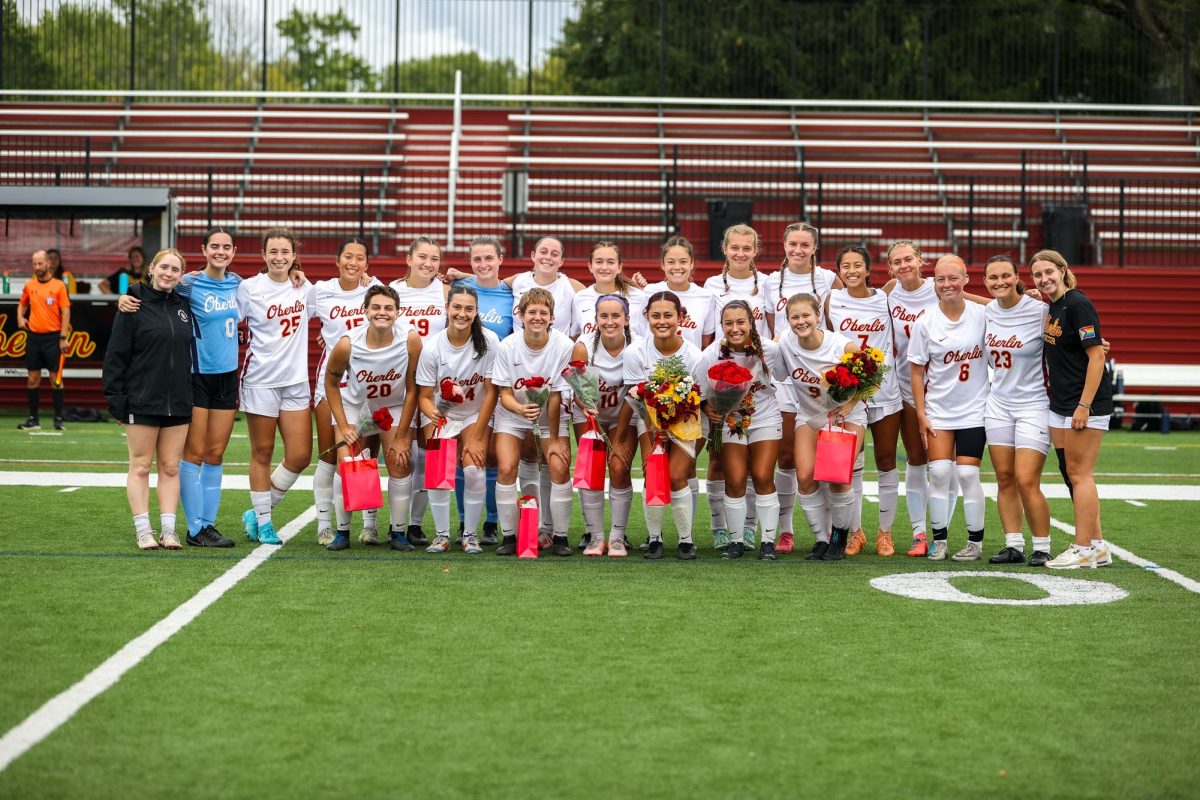Jill Rondini is entering her 20th year as an athletic trainer for Oberlin College. As a trainer for the Sports Medicine department, Rondini only treats varsity athletes.
After spending 20 years as an athletic trainer at Oberlin College, Jill Rondini knows a thing or two about helping collegiate athletes.
Rondini has been involved with sports for most of her life. In junior high and high school, Rondini competed in three sports — volleyball, softball, and equestrian. Although she didn’t play collegiately, Rondini developed an interest in sports medicine during her time at Valparaiso University. However, her alma mater initially didn’t have any opportunities for her to gain experience in the field.
“I loved athletics, but I really didn’t know anything about athletic training until someone who had graduated from my school had come back to volunteer,” Rondini said. “We didn’t have athletic trainers. I talked to her about doing my senior project with her, and I just fell in love with it immediately. I didn’t really even understand it because most of the time I worked in a clinic with her and I think we went to one baseball game. But once I went to [graduate] school I had some natural talent — I picked up taping really fast and things like that, that I was just really grateful for. But I just … loved it. And in 20 years, I have never questioned my choice.”
As the Director of Sports Medicine, Rondini has numerous responsibilities. She works primarily as an athletic trainer, tending to a plethora of injuries that varsity student athletes pay her a visit for, including sprains and tears, concussions, and dislocated joints. She is the primary source of communication with doctors who work with the varsity student athletes and also oversees the three other athletic trainers who work for the College.
Rondini and her co-trainers work closely to best benefit Oberlin’s student athletes.
“Together, we are all just trying to work for the healthcare of our [varsity] student athletes,” Rondini said. “Obviously, we try to prevent injuries. We talk about things like hydration and nutrition, just taking care of your body, getting appropriate sleep, and all those kinds of things. But then when an injury happens, we’re on the frontline. Athletes come and talk to us. We basically decide whether or not they need to see a doctor based on what we see. If they do need to see a doctor, we help set that up and work through that. If they don’t, we immediately work on management and rehab.”
Getting a serious injury is a major concern for any athlete. Rondini and her staff are often the first people an athlete talks to after sustaining an injury and are trained in emergency care for athletes to help them with the physical and mental turmoil that they deal with when they go down. Many of the athletes at Oberlin have built a deep connection with their athletic trainer, which the staff uses to their advantage when treating an overwhelmed and emotional athlete.
“We’re greatly blessed to have four athletic trainers who are pretty much with their teams as much as we can be,” Rondini said. “And so we get to know [our athletes], you know? And I think that we’re able to speak to [our athletes] in a way that just going to a doctor, [they’re] not able to. … Of course we value our doctors. We could not do our jobs without them. But in the moment, we’re able to read you as that person. Many times I’ve had people freaking out, and I can get them to look at me and just see everything calm.”
When the COVID-19 pandemic hit, there was suddenly even more expected of athletic trainers. Rondini and her staff acted quickly and came up with a small gift to express their support for and solidarity with their fellow athletic trainers in the North Coast Athletic Conference.
“One thing that we do every year, and we’ve done since COVID, is we send a card with a $5 gift card for each of the athletic trainers who are in our conference,” Rondini said. “We were able to just send something and say, ‘Hey, the year’s almost over, just keep fighting. We’re with you, we appreciate you.’ And the response that we got from that, the other athletic trainers really were just like, ‘Wow, thank you.’ Something so small has really meant a lot to people. I will keep doing that to celebrate [them] as an athletic trainer, to celebrate this month, and to just give a little boost, you know? So I love doing that for the athletic trainers in our conference.”
Today is the first day of National Athletic Training Month, which is “held in order to spread awareness about the important work of athletic trainers,” the National Athletic Training Association states on its website. The recognition of the hard work and dedication of athletic trainers everywhere is very important to Rondini because there are many high schools and non-NCAA schools that don’t have athletic trainers, which leaves student athletes more vulnerable when injuries arise.
“I think that we get confused with personal trainers,” Rondini said. “We get confused with just sitting in a gym. Sometimes [people] get confused [and think] that we just sit on the sideline and do nothing. But the fact is we’re always thinking [about] what can happen. What do I have to watch for? How do I keep them safe? And I think that the more that we can educate about how much we can do is just helpful for everyone. We’re finally referred to as athletic trainers, which can be an odd term, but that’s how it came out and that’s just what we are. But it matters. We’re not just trainers. We’re not just sitting around. We are an important part of what is happening.”


